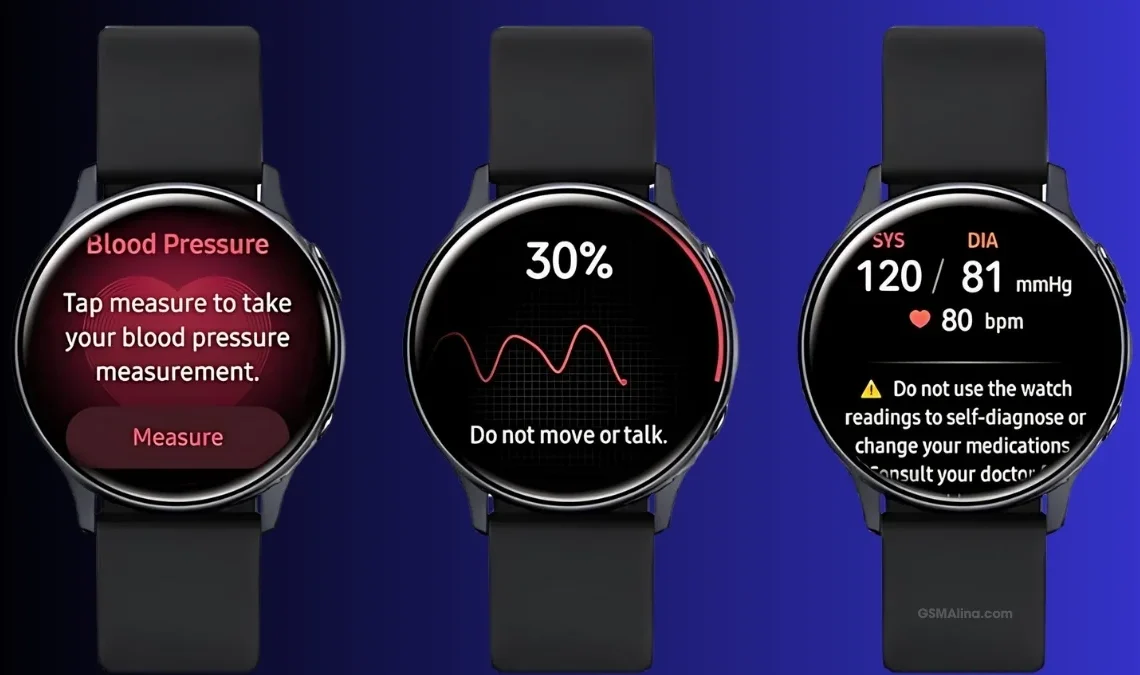Time continues to pass, and Samsung is phasing out support for a crucial feature on older Galaxy smartphones.
The company has announced that its Samsung Health Monitor app will become incompatible with devices running Android 11 or earlier. With the latest update (version 1.3.6.001), users are being informed about this impending change.
According to the notification, the next version of the app (version 1.4.1) will only be available for devices operating on Android 12 or newer.
This update means that users with older Galaxy smartphones will lose access to important features such as blood pressure monitoring and ECG readings through their Galaxy Watch, as these functionalities depend on the app.
Although the current version of Samsung Health Monitor will continue to work on older devices, it will not receive any new features or updates. For further information, you can review the complete announcement.
The notice states that starting December 23, 2024, Samsung Health Monitor will no longer be supported on devices running Android 9, 10, or 11, for instance—though it seems that few users are still on such outdated Android versions. “
We appreciate your understanding and highly recommend upgrading your OS to Android 12.0 or higher,” the message advises. Initially, in 2020, the Samsung Health Monitor app gained attention but was only available in South Korea before expanding globally. The app is compatible with Galaxy Watch models starting from the Galaxy Watch 3 and Galaxy Active 2, enabling users to monitor blood pressure and conduct ECG (electrocardiogram) heart rate readings directly from their wrist.
The collected data is stored within the app for convenient tracking. To begin, users must first calibrate the watch with a standard blood pressure monitor, typically done in a doctor’s office. Once calibrated, the smartwatch can analyze pulse wave data to estimate blood pressure, comparing it to the initial calibration reading.
The app’s ECG feature measures the heart’s electrical activity by having users place their fingertip on the smartwatch button, which can help identify issues like heart arrhythmia and atrial fibrillation. While these measurements are helpful for monitoring, they are not as precise as hospital tests. Users with health concerns should consult a doctor, of course!

